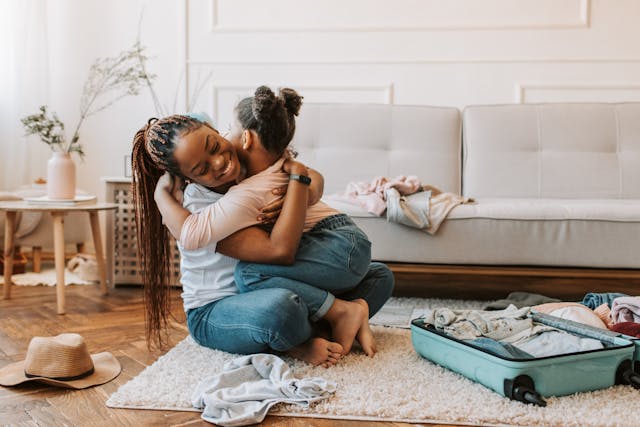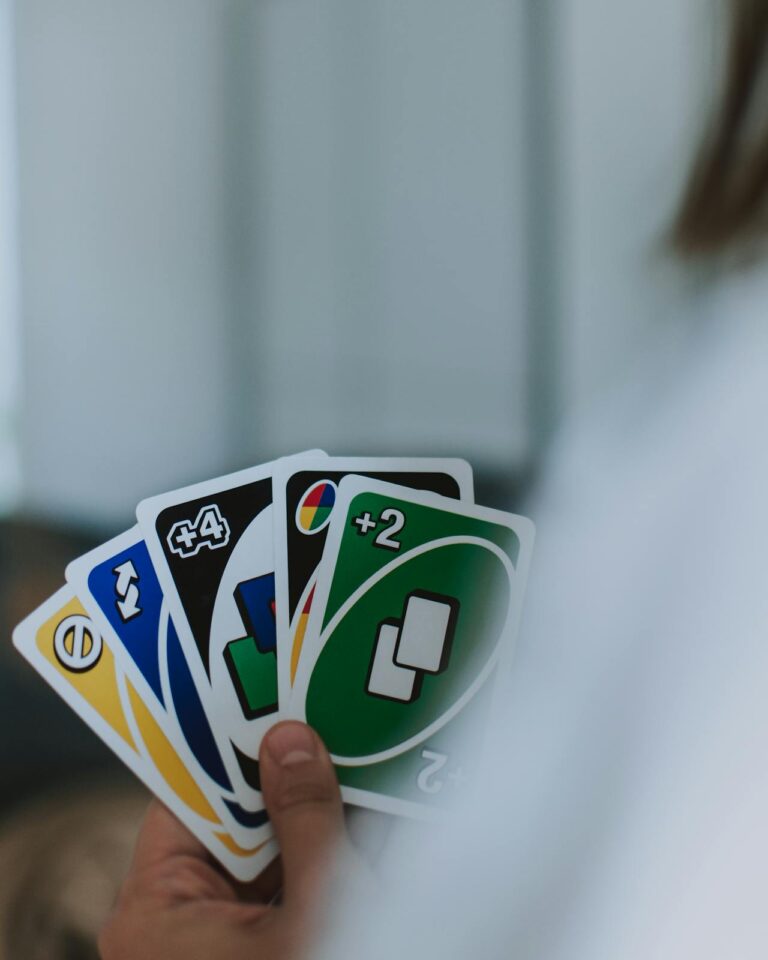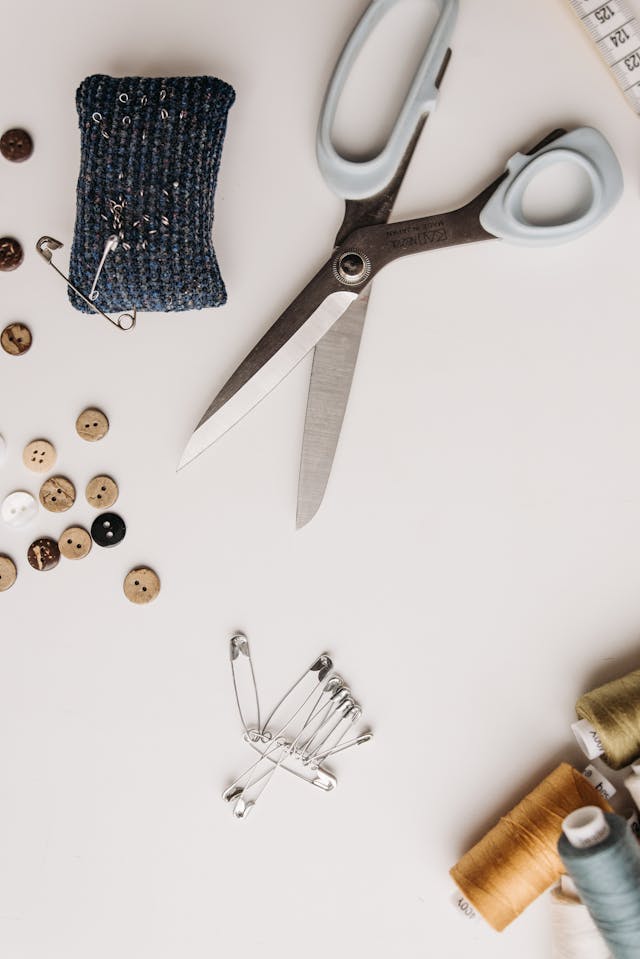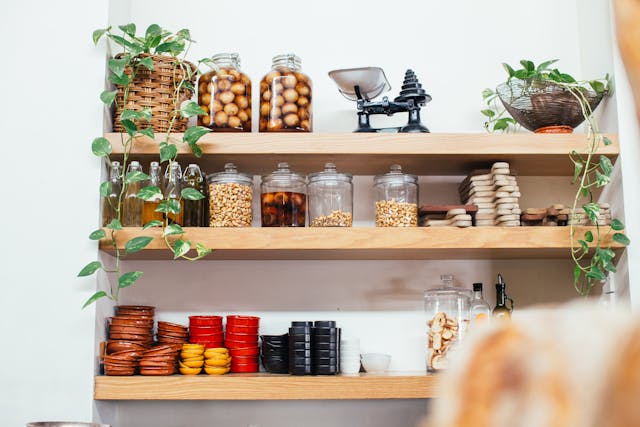Emergency Prep with Kids That Doesn’t Suck
Prepping with kids can feel like an impossible balance: either you’re spiraling into worst-case scenarios or tossing a juice box into a backpack and hoping for the best.
Good news: it doesn’t hafta to be like that. Real prepping with kids can be about tiny, doable habits that make everyone a little safer without stressing everyone the fuck out.
Teach with bite-sized scenarios
Skip the big, scary lectures. Focus on small, simple “what if” conversations tailored to your child’s age.
Examples:
“If the lights go out, we grab the flashlight by the bed.”
“If we get separated at the park, go to the water fountain and stay there.”
“If you hear the smoke alarm, crawl under the smoke and go outside.”
Start with everyday places they know: home, school, playground. Keep it low-stress. Easier said than done, sure. But that applies to basically any aspect of parenting.
Give them a personal prep kit
If your kiddo is over 5 or 6-ish, let ’em pack themselves a mini version of a go-bag. Something they can feel ownership over.
Things you might want to throw in there together could include:
- A flashlight
- A snack they like
- (pro tip, you can use this to tuck away a sugary snack you’ve been hoping will expire to get it out of sight and out of mind)
- A comfort item like a stuffy, a small toy, or a family photo
- A whistle to signal for help if needed
- (also pro tip, this is a great way to give a home to a really fucking annoying whistle toy if you need it also out of sight and out of mind)
- (why do people give kids wooden train whistles still is what we would like to know)
- Band-aids or a small “kid first aid” kit
Put it somewhere they can reach it without help. It empowers them without making it scary. And you don’t have to spend money here – there are ways to do it for cheap.
Practice short “power down” drills
OK so this one feels stupid to write as parents but hey, who knows – maybe this resonates for you. One thing you can try is practicing “power down” drills in low-stakes ways.
Lights Out Game: once a month, turn off the lights for an hour and let kids practice finding flashlights and navigating the house safely.
No-Phone Challenge: For the tweens and teens, have ’em practice getting to a meet-up point without using phones. Watch this break their brains.
Campfire Dinner: Have a no-stove/no-power dinner picnic on the living room floor. Let kids help “problem solve” how you’ll eat and stay comfy. And no, this is not an excuse to eat ice cream for dinner. Do not let them try to slide one by you here.
Practicing in small doses can make everything more familiar and way less scary if something actually happens.
3 Takeaways
- Teach everyday emergency skills in bite-sized ways kids can understand.
- Let kids build their own small emergency kits to boost confidence and comfort.
- Practice short drills like lights-out games or meet-up challenges to normalize acting calmly.
Feature image courtesy Vlada Karpovich/Pexels




